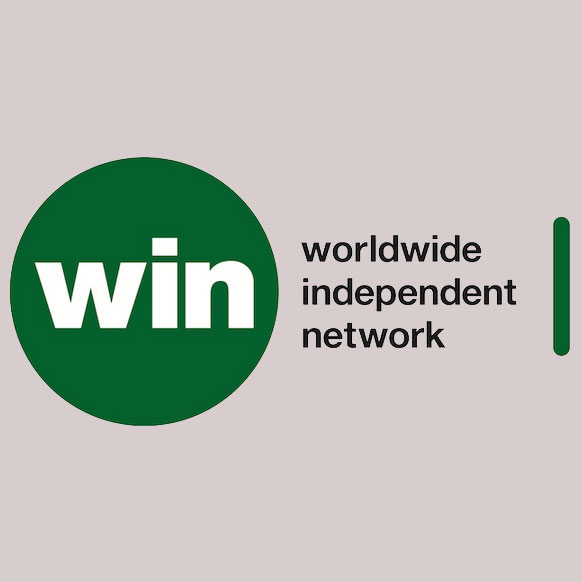Is the music industry lacking fairness and transparency?
- Rhian Jones
- 19 December 2014, Friday

by Rhian Jones
The music industry hasn’t always been the most honest of businesses. Dodgy contracts, hidden costs and lots of vested interests has historically meant that sometimes the wool gets pulled over the artist’s eyes. But the internet changed all of that, right? Apparently not. According to the International Music Managers Forum, labels, organisations and digital platforms aren’t operating fairly.

During a press conference at Reeperbahn Festival earlier this year, director of policy flow at IMMF, Jake Beaumont-Nesbitt, said: “Fairness and transparency is a phrase that needs to be applied in detail across the entire music industry. Today we’re focusing on a single issue that relates to how some rights-holders deal with services they are selling music to and how payment that’s made for the artist’s music doesn’t appear to be the only value that comes back to the rights-holders.
“A good example of this is equity stakes - a music service will give equity in its company to rights holders, the rights holders then sell that music service music. The only way the artist is going to get paid is from a transaction where the music is monetised. They don’t get any value from the equity. There are a number of other payments that we’re vaguely aware of but we don’t really know what’s going on. This is an area where we'd like to see some fairness and transparency.”
Equity stakes
An equity stake is a percentage of a business that’s owned by the holder of a number of shares of stock in that company. When Spotify launched, the major labels were given equity stakes in return for them allowing their catalogues to be available to stream. According to founder of digital music royalty collection firm Audiam, Jeff Price, over 6% of Spotify is owned by Universal, Warner and Sony.That’s fine, he says, as long as labels, and their investors, have remunerating artists fairly top of their agenda. “But, the major music companies will make more money off an exit, the IPO [Initial Public Offering] of a sale of that music company, than they will for the use of their music,” he explains. “The problem that exists is there is no royalty rate on an exit.”
Essentially, Price is saying that if Spotify started allowing investors to purchase shares in its company to then sell to the public, there’s no contractual clause that says the money the labels earn from doing so would be shared with the artists who’s music made the streaming platform valuable in the first place.
BitTorrent’s Matt Mason recently had some words to say about the potential of a Spotify IPO, during an interview with The Guardian. “Major labels have really given up on selling music, it seems. Pushing Spotify to an IPO is what most of the senior executives at the major labels are concerned with. That might have something to do with the fact that they own a piece of Spotify, and will participate in that IPO, but it doesn’t bear any relation to an artist trying to make a living from their work on the internet.”
Independents bite back
Since launching in July this year, more than 750 independent labels worldwide have signed up to the Worldwide Independent Network's (WIN) 'Fair Digital Deals Declaration'. It’s a statement of commitment to treat artists fairly in agreements relating to digital exploitation of their work. The campaign asks labels to agree to five measures when signing agreements with third parties for the use of recorded music. Check it out here.WIN highlights 'growing concern' from the artist community over 'huge lump sum payments' with new digital services that could offer disparity between the value of the deal to the rights-holder versus the per-stream rate shared with the artist. The five key points are as follows:
- We will ensure that artists’ share of download and streaming revenues is clearly explained in recording agreements and royalty statements in reasonable summary form.
- We will account to artists a good-faith pro-rata share of any revenues and other compensation from digital services that stem from the monetisation of recordings but are not attributed to specific recordings or performances. [WIN is saying here that musicians will be given a share of the amount of cash their label earns from digital services – over and above what they are already given in royalty payments.]
- We will encourage better standards of information from digital services on the usage and monetisation of music.
- We will support artists who choose to oppose, including publicly, unauthorised uses of their music.
- We will support the collective position of the global independent record company sector as outlined in the Global Independent Manifesto.

Ready to get your music out there?
Distribute your music to the widest range of streaming platforms and shops worldwide.


